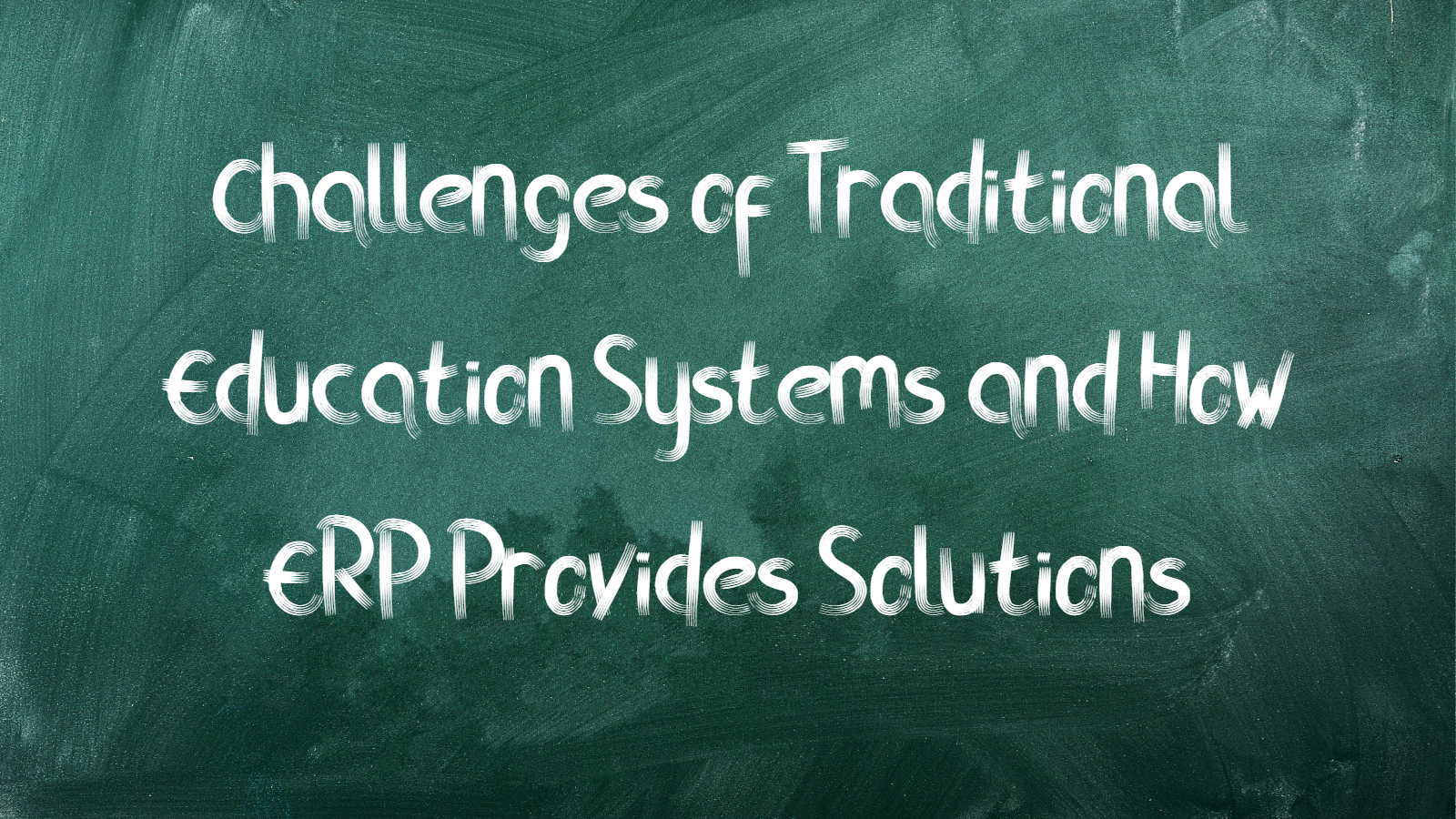Introduction
Today, companies are navigating a competitive business market where customers are the key to success. This is why Customer Relationship Management (CRM) software has risen to become a crucial factor in achieving success. The shift in perspective highlights the profound importance of CRM in today’s economy, where the cultivation of powerful and lasting customer relationships is not merely a strategic choice but an absolute necessity.
Unveiling the Essence of CRM
The global business landscape is currently marked by heightened competition, evolving consumer expectations, and rapid technological advancements. In this scenario, businesses that place high importance on customer relationships gain a definite competitive edge. According to a report by Statista, the global CRM software market is anticipated to soar to $40.2 billion by 2023, showing the growing acknowledgment of CRM’s pivotal role in the business world.
Navigating the Global Business Landscape
As you navigate the vast landscape of the internet, don’t underestimate the power of SEO in lead generation. Optimize your website and content with relevant keywords, ensuring your business appears prominently in search engine results. According to recent statistics, businesses that prioritize SEO witness a 14.6% conversion rate, highlighting its pivotal role in lead generation.
Elevating the Customer Experience
Customers of today expect personalized experiences coupled with prompt, efficient service. Here, CRM emerges as the crux for meeting these expectations by facilitating the effective collection and leverage of customer data. This, in turn, enables companies to anticipate customer needs, actively resolve issues, and deliver a seamless, personalized customer experience.
Statistical evidence points that businesses prioritizing customer experience witness higher customer retention rates. A study by PwC shows that 73% of customers consider the customer experience an essential factor in their purchasing decisions. CRM, by providing insights that enable businesses to tailor their offerings and communications to individual preferences, becomes the driving force behind delivering exceptional customer experiences.
Fueling Sales and Revenue Growth
CRM streamlines sales processes and elevates lead management. Through the tracking of leads, automation of sales tasks, and real-time insights, CRM empowers sales teams to operate with enhanced efficiency and effectiveness. According to findings by Nucleus Research, companies experience an average return on investment of $8.71 for every dollar spent on CRM.
Moreover, CRM systems contribute significantly to increased cross-selling and upselling opportunities. Through the analysis of customer behavior and purchase history, businesses can recommend additional products or services, maximizing the value of each customer relationship.
Crafting Precision in Marketing Strategies
CRM systems have become the guiding force that enables businesses to create targeted marketing campaigns based on customer preferences. The capability to analyze customer data allows marketers to create messages that resonate with specific audiences, resulting in higher engagement and conversion rates.
A report from Salesforce highlights the fact that businesses employing CRM for marketing witness an average 25% increase in revenue.
Empowering Data-Driven Decision-Making
In an era where data is often referred to as the new oil, businesses must harness the power of information for informed decision-making. CRM systems serve as a centralized hub of customer data, offering a valuable resource for data-driven decision-making.
By leveraging analytics and reporting tools within CRM, businesses gain insights into market trends, customer behavior, and strategy performances. This information becomes invaluable for strategic planning, enabling businesses to adapt to changing market conditions and stay ahead of the competition.
Conclusion
The importance of CRM for global businesses stands as a universal truth. It is a catalyst for growth, efficiency, and sustainability. As the global business landscape continues to evolve, CRM will stand at the forefront, empowering companies to build and nurture meaningful relationships with their customers. With statistics that point to positive returns on investment and concrete benefits experienced by businesses that embrace CRM, it is evident that CRM software is not a passing trend but a cornerstone for success in the contemporary business world.
Elvis CRM is your ticket to success in this competitive world. With full-fledged automation and social media integration, Elvis CRM can help your business thrive.
Frequently Asked Questions (FAQs)
What is CRM, and why is it crucial for global businesses today?
CRM stands for Customer Relationship Management. It is a software system involving strategies and processes aimed at managing and analyzing customer interactions throughout the customer lifecycle. CRM plays a crucial role by providing a 360-degree view of customers, streamline operations and consolidate data, allowing businesses to tailor their products and services to meet specific needs and preferences.
How does CRM contribute to enhancing the customer experience?
CRM enhances the customer experience by enabling businesses to collect and leverage customer data effectively. This data-driven approach allows companies to anticipate customer needs, resolve issues promptly, and deliver personalized experiences.
Can CRM impact sales and revenue for global businesses?
Absolutely. CRM streamlines sales processes, enhances lead management, and provides real-time insights, empowering sales teams to be more efficient and effective. CRM also contributes to increased cross-selling and upselling opportunities by analyzing customer behavior and purchase history.
How does CRM contribute to efficient marketing strategies?
CRM enables businesses to create targeted marketing campaigns based on customer segments and preferences. By analyzing customer data, marketers can deliver messages that resonate with specific audiences, leading to higher engagement and conversion rates.
Why is data-driven decision-making essential, and how does CRM facilitate it?
In the era of data, businesses need to harness information for informed decision-making. CRM systems provide a centralized platform for customer data, offering valuable insights into market trends, customer behavior, and strategy performance. This information is crucial for strategic planning, allowing businesses to adapt to changing market conditions and stay ahead of the competition.
Is CRM just a trend, or is it a long-term strategic imperative for businesses?
CRM is not just a trend; it is a long-term strategic imperative for businesses. Businesses that embrace CRM experience substantial returns on investment, demonstrating that CRM is necessary for success in the contemporary business world.
How does CRM support businesses in a competitive global environment?
In a competitive global environment, CRM provides businesses with a competitive edge by fostering strong and lasting customer relationships. The 360-degree view of customers enables companies to stay agile, adapt to changing market dynamics, and meet customer expectations. With CRM, businesses can navigate the complexities of the global business landscape with a customer-centric approach.








